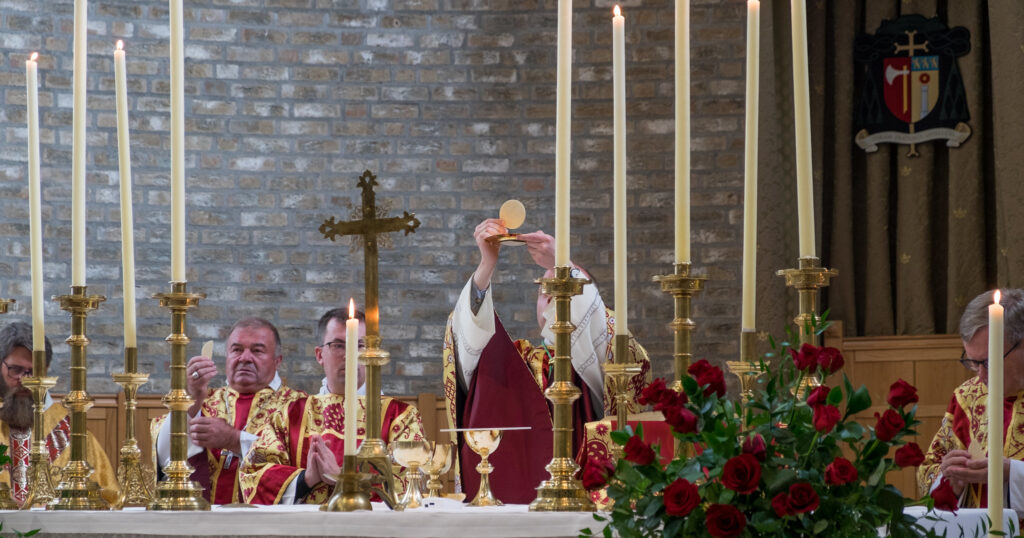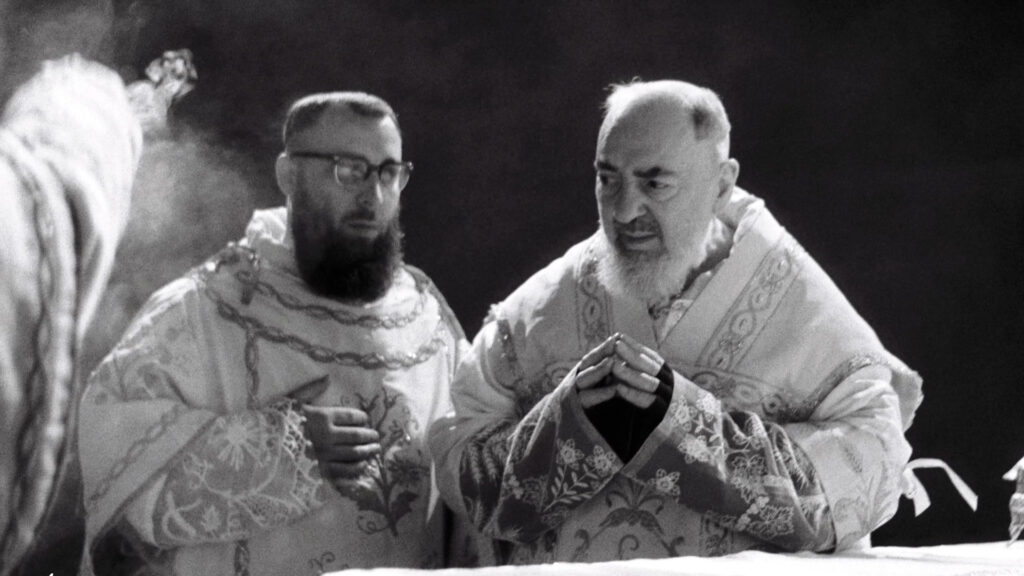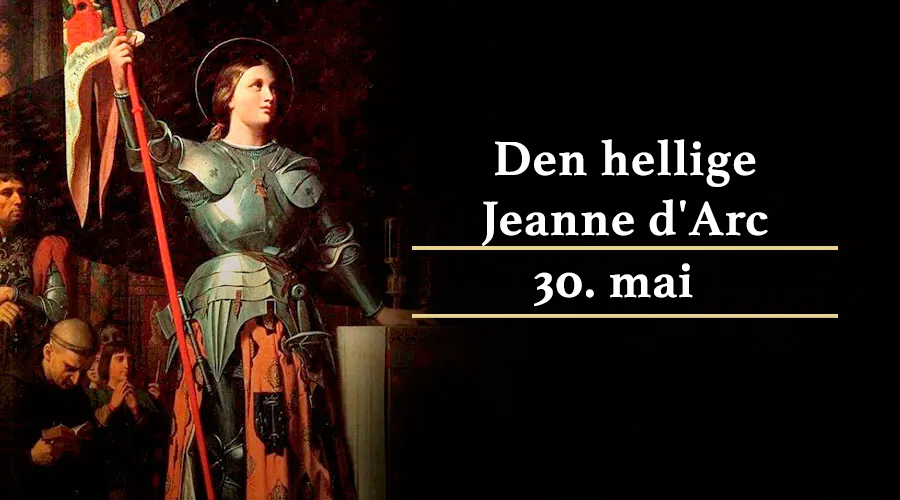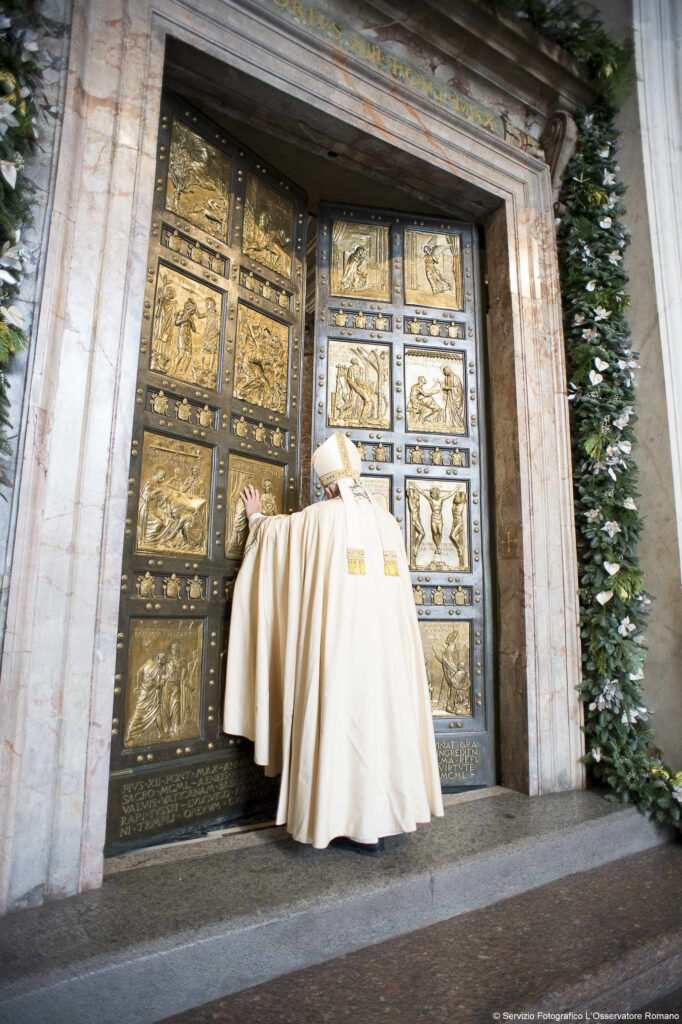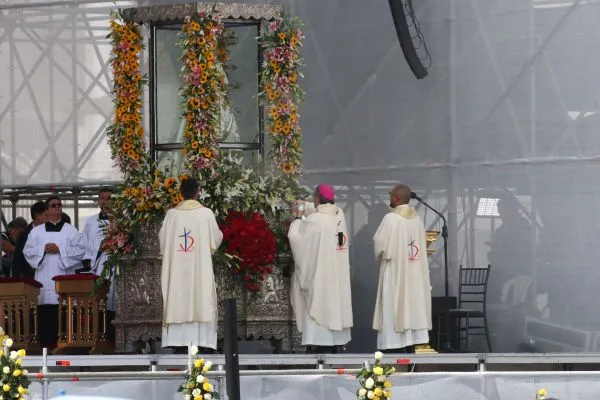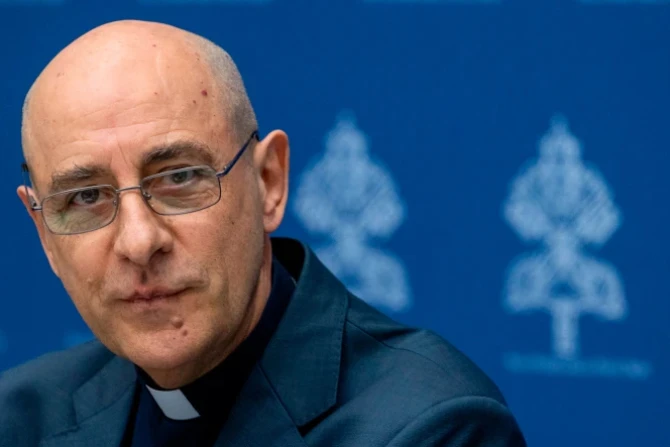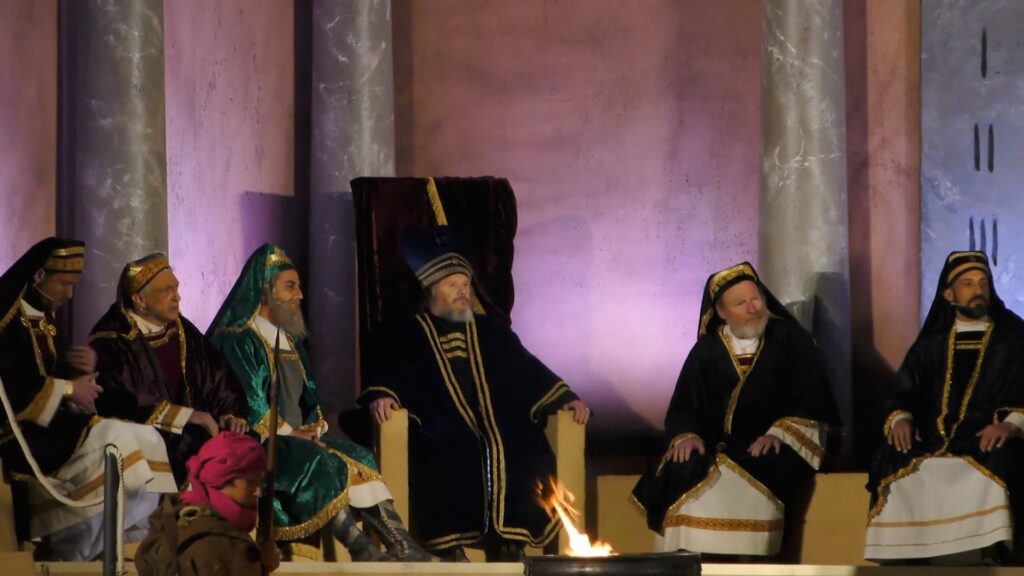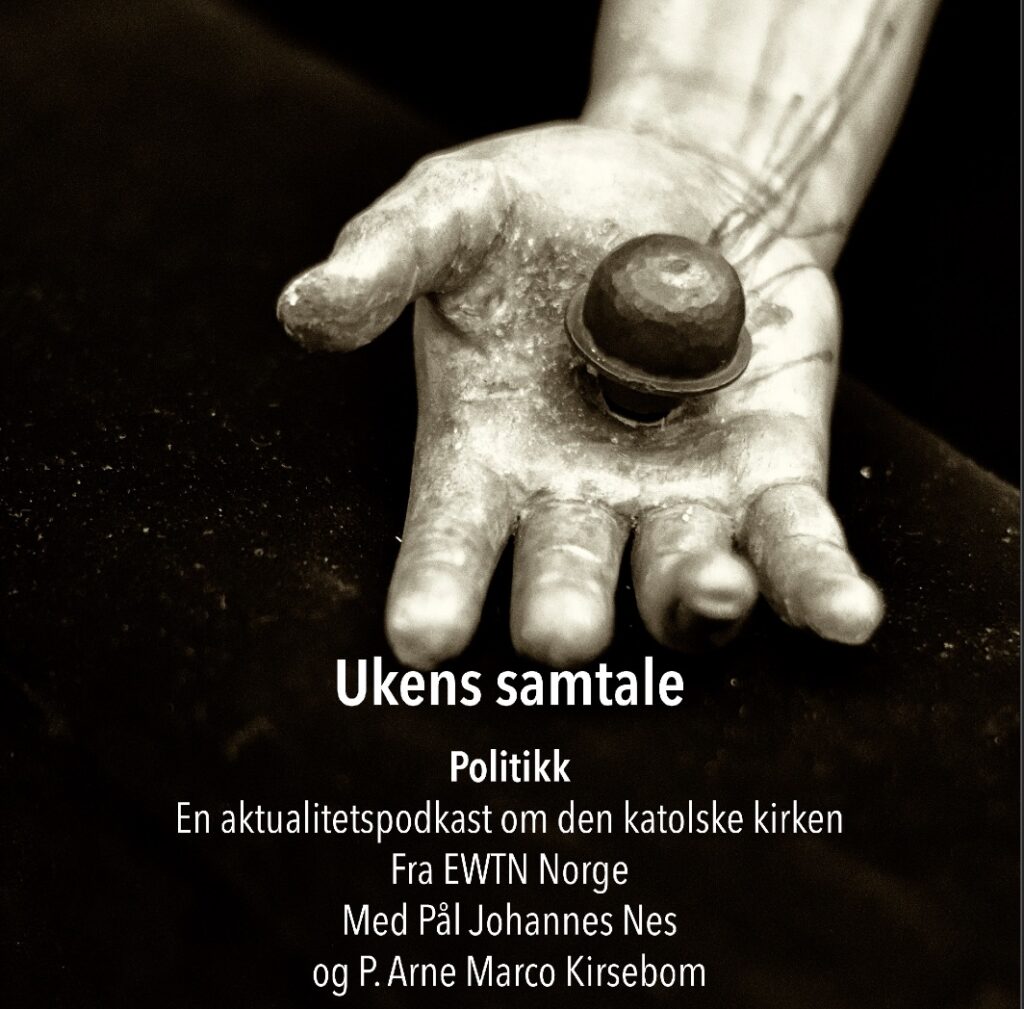CNA Staff, Oct 9, 2023 / 08:53 am (CNA).
Bishop Johan Bonny of Antwerp, Belgium, appeared to reject the Catholic Church’s teaching on euthanasia in a recent interview, saying he does not believe the practice, in contrast to the Church’s teaching, to be “evil as such.”
In a Sept. 28 interview given to the Belgian newspaper La Libre, Bonny said the Church’s teaching that euthanasia is an intrinsic evil is “too simple an answer that leaves no room for discernment.”
“Philosophy has taught me to never be satisfied with generic black-and-white answers. All questions deserve answers adapted to a situation: a moral judgment must always be pronounced according to the concrete situation, the culture, the circumstances, the context,” Bonny is quoted as saying.
Bonny continued by saying: “We must learn to better define concepts and better distinguish situations.”
“We will always oppose the wish of some to end a life too prematurely, but we must recognize that a request for euthanasia from a young man of 40 is not equivalent to that of a person of 90 who faces an incurable illness,” he said.
According to the Catechism of the Catholic Church, “intentional euthanasia, whatever its forms or motives, is murder” and “gravely contrary to the dignity of the human person and the respect due to the living God, his Creator” (No. 2324). This teaching was reaffirmed in the 2020 Vatican document Samaritanus Bonus, which strongly denounced euthanasia as an “intrinsically evil act, in every situation or circumstance … a grave sin against human life.”
Bonny’s office did not respond to a Friday inquiry from CNA for more information about the bishop’s views.
The Belgian prelate has courted controversy before by taking actions and expressing views that appear at odds with the Church’s teaching, particularly related to his myriad calls for greater acceptance of homosexual relationships within the Church.
Bonny and the other Flemish bishops of Belgium introduced a blessing of same-sex couples in September 2022, despite the Vatican’s doctrine office, with the approval of Pope Francis, confirming that the Church does not have the power to give blessings to unions of persons of the same sex. Bonny later spoke to the highly controversial German Synodal Way assembly, which has openly dissented from several points of Church teaching, in March as a distinguished guest.
Assisted suicide is not the same as euthanasia, although the two phrases are often used interchangeably. According to the American Medical Association’s code of ethics, euthanasia necessarily involves “the administration of a lethal agent by another person to a patient,” meaning the person performing the euthanasia (e.g., a medical doctor) is directly responsible for ending the patient’s life.
Assisted suicide, on the other hand, as defined by Catholic bioethicist William May, is the act of making the means of suicide available to the patient, who subsequently acts on his or her own. In many cases, a doctor or other authorized health care professional will be authorized to prescribe the patient a lethal dose of medication, which the patient administers to himself or herself.
Belgium and its neighbor the Netherlands have been at the forefront of offering and expanding euthanasia and assisted suicide, and doctors who personally object to the practice must still refer patients. Under Belgian law, euthanasia is permissible when a “medically futile condition of constant and unbearable physical or mental suffering” resulting from a severe and incurable disorder caused by illness or accident cannot be alleviated.
The euthanization of children was legalized in Belgium in 2014 after being legalized for adults in 2002. Belgium’s law allows minors of any age who are terminally ill to request euthanasia, though parental consent, as well as the agreement of doctors and psychiatrists, is required. In 2016 and 2017, three minors availed themselves of the procedure and were euthanized, according to a government report, though a later report claims no minors used the country’s euthanasia law in 2020 or 2021.
The share of declared deaths due to euthanasia reported in 2022 was nearly 3,000, or 2.5% of all deaths in Belgium, the same report states.
Instead of assisted suicide or euthanasia the Catholic Church supports palliative care, which means accompanying patients toward the end of their lives with methods such as pain management, without doing anything to accelerate the process of death.
Catholic teaching states that patients and doctors are not required to do everything possible to avoid death, but if a life has reached its natural conclusion and medical intervention would not be beneficial, the decision to “forego extraordinary or disproportionate means” to keep a dying person alive is not euthanasia, as St. John Paul II noted in Evangelium Vitae.
Pope Francis has condemned euthanasia throughout his papacy, most recently in September of this year, including referring to it as “a sin against God.” He has also been firm about the need to provide the very ill and dying with palliative care.
In the United States, seven states and District of Columbia allow assisted suicide, where the doctor provides the patient with a means to kill themselves. Euthanasia, on the other hand, remains prohibited throughout the entire U.S. (In contrast Canada legalized euthanasia in 2016.)



